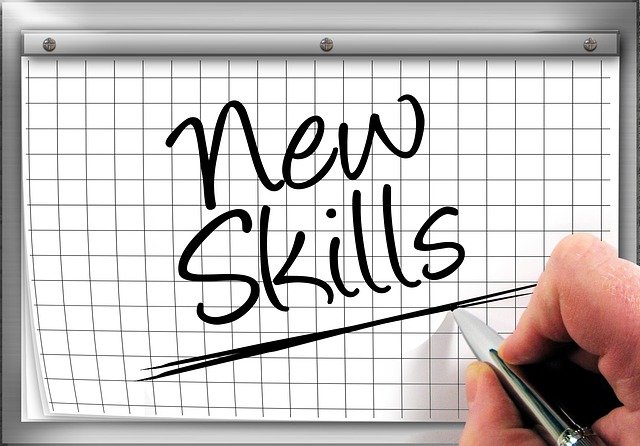
Whether you’re a college student who is about to graduate or one who is just starting their academic journey, the question on everyone’s mind is: what will I do after college? This question helps direct students to choose certain classes or hone specific skills.
This is why it’s essential to find out exactly what kinds of skills employers are looking for.
Why Hard Skills Matter
Yes, hard skills can be essential for certain jobs. Hard skills are specific abilities, usually resulting from academic courses or trade school. The value of hard skills is fairly obvious. Nobody is going to hire a French teacher who doesn’t speak French or hire a coder for their startup who doesn’t know anything about computer programming. So, yes, you should push yourself to make sure your hard skills are competitive in a national (or even international) market. Take those advanced programming and French classes or whatever area you’re majoring in. Apply yourself and then list these accomplishments on your resume so your potential employer can assess your abilities.
Don’t Take Soft Skills for Granted- They Matter…a LOT
But that’s not all it takes to get hired. And that’s where soft skills come in. This year, the Wall Street Journal explored the world of new graduates and the employers who hire (or don’t hire) them. The article revealed a certain level of frustration on the part of many companies about the lack of soft skills in new recruits. In case you don’t know what soft skills are, they’re things like being a self-starter, having organizational and time management abilities and fostering teamwork. A survey of executives revealed that 92% felt that soft skills were as important or more important than technical skills but that 89% have difficulty finding candidates with these skills.
These skills are so important and so few and far between among applicants that employers leave vacancies open despite high volumes of applications. This actually created a national employment gap where the number of job vacancies was at a record high, yet unemployment still remained high.
It’s not only executives looking for soft skills in new recruits. The service sector including hospitality, retail and consumer-services value these skills in their businesses. Restaurant owner Cindy Herold put a sign outside her restaurant asking for candidates with “common sense.” She explained that “I can teach somebody to slice and dice onions. I can teach somebody how to cook soup. But it’s hard to teach someone normal manners or what you consider work ethic.”
So, what kind of soft skills can get you a job after college? According to a survey conducted of LinkedIn hiring managers, the soft skills that top the list (in order of importance) are:
- Being a good communicator
- Organization
- Team player
- Consistent punctuality
- Critical thinking abilities
- Social skills
- Creative thinking
- Interpersonal communication skills
- Ability to adapt
- Having a friendly personality
Note that communication appears twice on the list, in the number one spot and then later for interpersonal communication. Employers want candidates who know how to express themselves and interact effectively whether it’s with colleagues, clients, superiors or subordinates. They also want someone who is enjoyable to be around, with a pleasant personality who gets along with other team members. The ability to apply knowledge in creative ways to find innovative solutions is another valuable asset. And being organized and having the responsibility to show up on time all the time are also important to hiring managers.
How Can You Demonstrate Soft Skills?
Traditional resumes usually don’t include much room for soft skills. But you can include lines about them in your cover letter and you can bet that hiring personnel will be asking you about them during an interview. That will be your opportunity to highlight your soft skills so be prepared to give examples of them during interviews.
